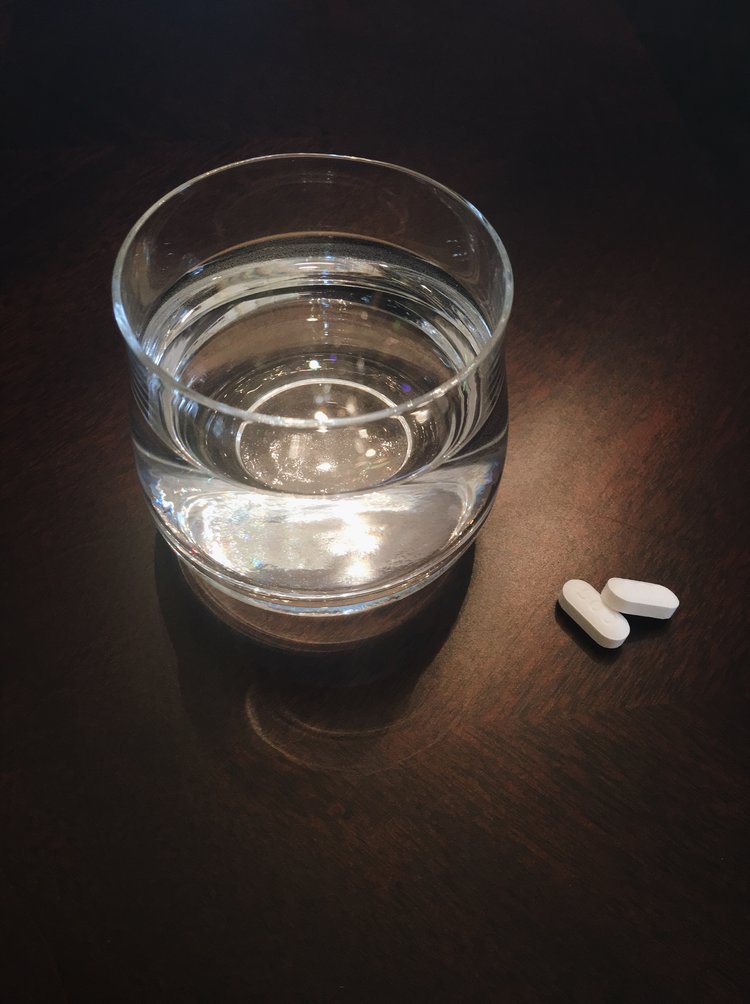
Knowing what you might expect as you feed your child in the early days and weeks of their life is helpful! Here are aspects of baby feeding that are typical:
- Your baby feeds at least 8 to 12 times every 24 hours.
- You hear, see and/or feel your baby swallowing after every few sucks (with breastfeeding colostrum you may not see and/or feel swallowing as often as when you have mature milk, which is usually around day 3 after birth).
- Your baby has at least as many wet diapers as days he is old (1 on day 1 after birth, 2 on day 2, 3 on day 3 and so on) until he has at least 6 wet diapers every 24 hours by the time he is 5-6 days old and beyond.
- You can expect your baby to have at least 3 teaspoon-sized bowel movements every 24 hours by day 3.
- Baby’s bowel movements change in color and consistency over time. The first poops are called meconium and are greenish-black and tarry-looking. When fed human milk, they change from brown and sticky to yellow watery or yellow curdy. Formula fed babies have less watery stool, usually pasty in consistency like the texture of peanut butter and yellow or tan in color.
- Babies typically lose some weight during the first few days after birth; when feeding goes well, they are back to birth weight around two weeks of age.
















